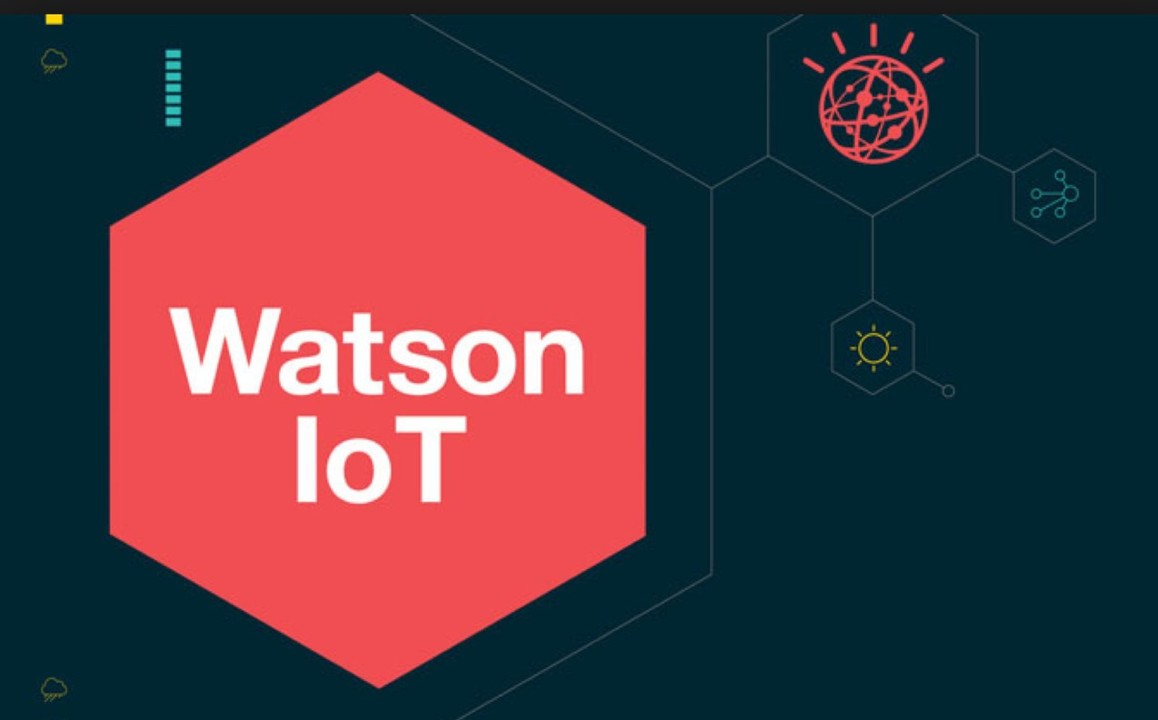
The Connection Between Watson & The IoT (Internet of Things)
IBM has what they call a cognitive computing platform. For most folks, the "face" of this platform is an artificial intelligence called Watson. Watson has obtained celebrity status by participating on TV game shows and getting featured in videos with celebrities like Bob Dylan and Stephen Hawking.
Watson And The Explosive Growth Of The IoT
It's quite entertaining for people to watch Watson on game shows like Jeopardy. It's amusing to see how this very intelligent computer interacts with famous celebrities too. These media appearances may seem like they are just for fun; however, they really raise awareness of the very serious business of artificial intelligence and the Internet of Things (IoT).
Even though Watson seems to have a lot of potential in entertainment, the serious purpose of this very smart computing system is to help manage the explosive growth of the IoT.
Gartner and Information Week recently revealed some surprising facts about the growth of the IoT:
* The IoT is expected to have a worldwide population of about 16 billion devices by the end of 2016.
* Estimated growth between 2015 and 2016 is about 30 percent.
* By the end of the decade, or about 2020, the IoT's population is expected to top 20 billion.
What Kind Of "Things" Make Up The Internet Of Things?
Basically, the IoT describes smart devices that are connected through the internet. This connection lets them communicate with other smart devices and with people. Anybody with a smart phone already probably carries one of these devices around with them constantly. Other common examples of things from the IoT that folks have around the house include smart home security and climate systems, sports trackers, and new GPS units.
Of course, the main consumer of smart computing systems to run the IoT will be businesses. Machines can tell people or other machines when they need maintenance or repairs. These machines can even perform some customer service functions by communicating with consumers and other companies.
A simple example might be a printer than automatically sends out an order for more ink or toner when the cartridges begin to run out. This order actually gets sent to another computer that makes a purchase by communicating with the supplier's computer. That device initiates a delivery, and maybe the first computer gets a confirmation, pays the bill, and sends the information to an accounting system.
Why Is Cognitive Computing Important?
Humans may review reports, but they really don't have to get involved in many mundane tasks. They can also be assured of more reliable maintenance and supplies to help improve both productivity and safety. With sensors and smart computers, machines won't get overlooked and slip into a state of poor repair.
In the end, everything gets reported to human overseers, but the actual communication may get largely handled by cognitive computing platforms, and Watson is one example. IBM has already opened up the API for its machine intelligence to developers.
These are examples of functions that Watson's API can handle:
* Text analysis
* Machine learning and language processing
* Analysis of videos and images
These functions give machines the potential to learn and react. They can also interface with humans in a very natural way. Not only can the IoT become a source of information, it can even help with customer service and many other facets of business and personal life.
The IoT Is Getting Huge!
The IoT is already big, and it's getting bigger. Artificial intelligence in the form of cognitive computing platforms will also grow to manage the booming population of smart devices.
- 2d animator(Moho pro) - Java programmer - Web animator(HTML canvas, SVG ) - Audio Engineer/Music producer - Freelancer - Fiverr seller
7yVA are at Add try tests At 1st sag e Essa act